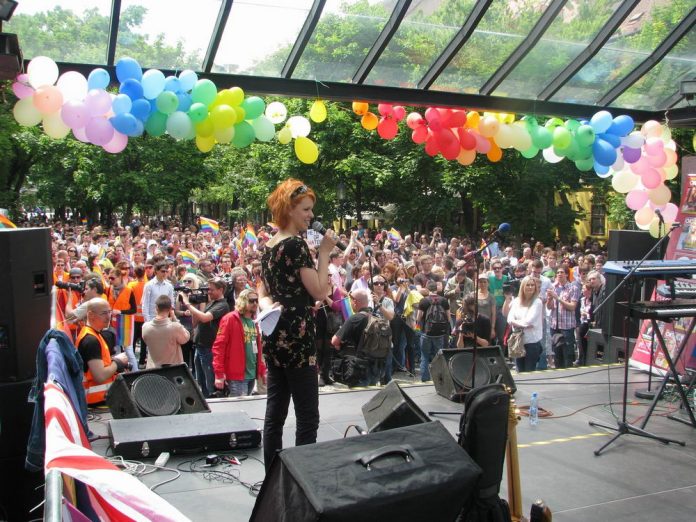Slovakia’s parliament is soon to vote making it legally impossible for transgender people to change their gender on official documents. The vote would rescind legal recognition practices
that have been in place for more than 50 years.
The proposal demands that any change in gender recorded on official documentation must be based on a genetic test establishing that an individual’s gender had been wrongly identified. Effectively, this would prevent transgender people from making such changes.
The final vote could come as early as next week. At its first reading in March, the proposal was supported by 87 of the 150-member assembly. Tabled by conservative lawmakers, the proposed amendment follows Hungary’s example, where a similar law was introduced in 2020.
Human rights groups are in an uproar at the prospect of the change, making it highly likely that any such legislation would be subject to challenge in Slovakia’s Constitutional Court.
Slovakia is in the grips of political turmoil at present. An early election is slated for September. A caretaker government was jnstalled just this week.
Currently, transgender people are free to change their names and surnames, as well as their gender and date of birth on ID cards. In the Slovak language the endings of male and female names are gender–based. The proposed amendment would still allow transgender people to change their names but not their other data. A person listed as male gender in documents “could still change name and surname to female”, according to Martin Macko, who heads a Slovak LGBTI civil rights group. Yet, the fact that individuals could be identified as transgender – in documents by employers, for example – called to mind images of “a modern-day Jewish star”, Macko declared, and that would be “absolutely unacceptable”. He was confident the Constitutional Court would reject the proposed change. Unlike Hungary, he noted, “we still have an independent Constitutional Court.”
Last month, Council of Europe Commissioner for Human Rights Dunja Mijatovic called on Slovakia’s lawmakers to reject the change. Also, Slovakia’s psychiatric association has pointedly noted that — transgender people, aside — there are medical conditions where genetic tests do not indicate gender correctly.
Should the proposed amendment be approved, the country’s liberal President Zuzana Caputova could still veto it, which might delay a re-vote until after the September election.

